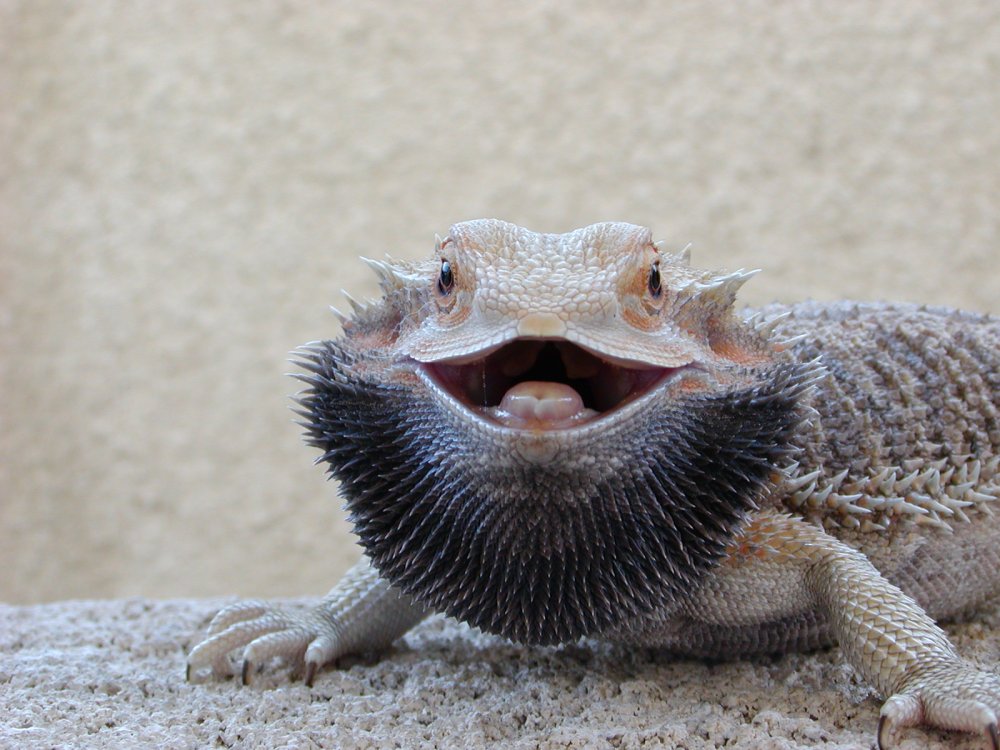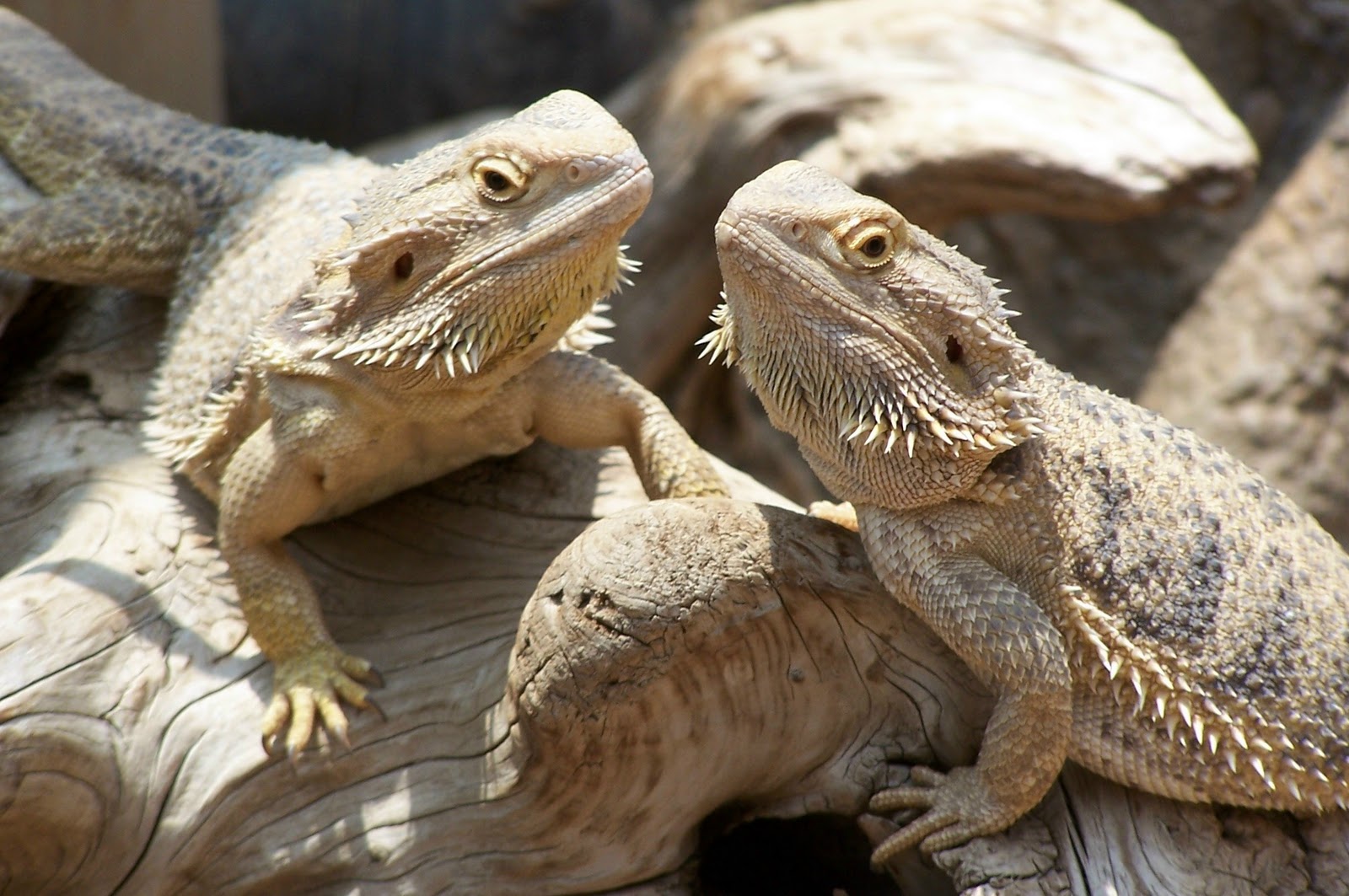The Ultimate Guide to Bearded Dragon Feces: Everything You Need to Know About Your Pet's Poop
Introduction
Bearded dragons are popular pets that are known for their unique appearance and friendly demeanor. As a responsible pet owner, it is important to be familiar with your bearded dragon’s bodily functions, including their feces. While this may seem like an unpleasant topic, monitoring your pet’s poop can provide valuable insight into their health and well-being.
What Does Bearded Dragon Poop Look Like?
Bearded dragon poop is typically brown and firm, similar to the consistency of human feces. However, there are a few things to look out for when examining your pet’s poop. Some bearded dragons may have slightly softer or runnier stools, which can be a sign of digestive problems. Other things to watch for include:
- Blood in the feces
- Unusual color or texture
- Size and frequency of bowel movements
- Presence of undigested food or foreign objects

What Can Affect Bearded Dragon Poop?
Several factors can impact the way your bearded dragon poops, including their diet, hydration, temperature, and stress levels. Here are some common causes of abnormal stool:
- Inadequate hydration or watering schedule
- Too much or not enough fiber in their diet
- Lack of calcium or other essential nutrients
- Ingestion of toxic or foreign objects
- Parasites or infections
How to Monitor Your Bearded Dragon’s Poop
To ensure your bearded dragon stays healthy, it is important to monitor their poop regularly. Here are some tips for monitoring your pet’s feces:
- Observe your bearded dragon’s bowel movements daily
- Take note of the frequency, size, color and texture of the poop
- Check for any signs of blood or undigested food
- Adjust their diet and hydration as necessary
- Contact a veterinarian if you notice any concerning changes

Cleaning Up After Your Bearded Dragon
Cleaning up after your bearded dragon is an important part of pet ownership, but it doesn’t have to be a daunting task. Here are some steps to follow for effective cleanup:
- Use a reptile-safe cleaner and paper towels to remove any poop from the enclosure
- Sanitize the affected area with a gentle cleaner, like diluted vinegar or bleach
- Replace any substrate that has been soiled
- Wash your hands thoroughly after handling
Conclusion
Bearded dragon feces may not be the most glamorous topic, but it is an important aspect of pet care that should not be overlooked. By understanding what is normal for your pet and monitoring their bowel movements regularly, you can ensure their health and happiness for years to come.
